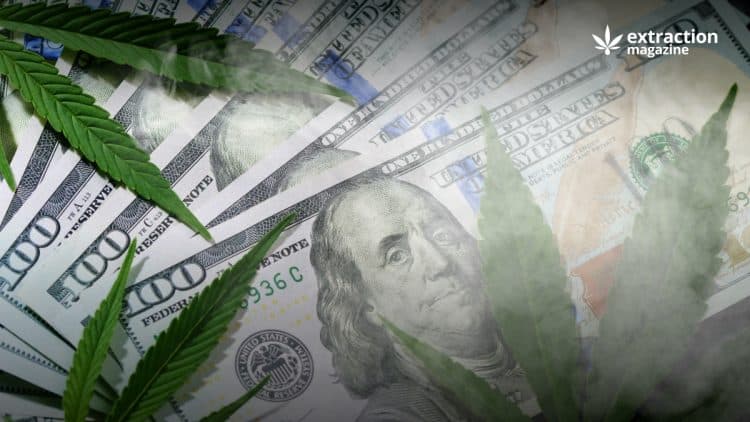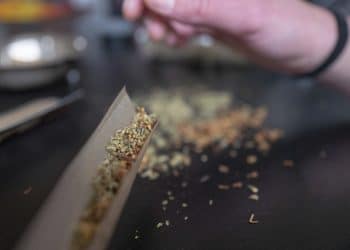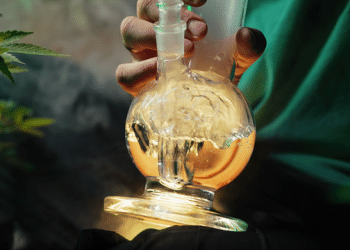According to data, it was established that the US cannabis market was valued at $13.2 billion in 2022, with it expected to grow a further 14.2 percent in 2023.
With the explosion of the cannabis industry in recent years in the US, there has been much pushback from the government and individuals opposed to the use of medicinal or recreational cannabis. So much so that states are getting creative with how they limit access to cannabis and its derivatives like hemp.
For example, on March 4th, 2023, Republicans in the House of Senate filed bills defining hemp extracts as food in Florida. SB 1676 and HB 175 could have far-reaching consequences in the US.
What Are The Florida Bills That Want To Define Cannabis Extracts As Food? – Why They Have Happened
The new set of bills, SB 166 and HB 1475, filed by Sen. Colleen Burton and Rep. Will Robinson, would, if passed, place stricter rules on the retail sale and distribution of hemp extract. These bills have been put forth to stop minors from accessing some of the euphoric-inducing strains of cannabis products and to protect people’s health and livelihoods.
These bills will place strict limits on the amount that can be sold by classifying hemp extract as food, which will, in turn, significantly lower the allowable serving size. Moreover, these bills clarify legislative intent by defining hemp extract as a food that needs temperature control for the safety and integrity of various products. If passed, they will come into effect on July 1st, 2023.
The Details Of These Bills
These bills propose no more than 0.3% Delta-9 tetrahydrocannabinol (THC) be permitted in any product, which is consistent with the 2018 Hemp Bill. Interestingly, these bills also encompass items not typically considered food. For example, smokeless products, chewing gum, and snuff.
Another surprising element of these bills is that manufacturers would need to manufacture products containing hemp extracts in a facility that holds a valid and current permit recognized by a state regulatory entity. Manufacturers also need an official report stating the facility meets minimum production requirements.
Besides these proposed regulations on how much THC can be in a product and how and where products are manufactured, the bill has also requirements surrounding containers and packaging.
As per the legislation of the bill, the packaging has to be suitable for holding products that are fit for human consumption. The containers are also not allowed to be ‘attractive to children,’ and they must be able to mitigate exposure to high temperatures and light.
Another key element is that these containers cannot contain more than 2 milligrams of THC, aiming to close the current legal loophole for manufacturers. This has caused quite a whirlwind in the hemp community, as can be expected.
How Are These Bills Damaging To The Industry In The US?
Unfortunately, about 7,000 Florida companies selling hemp-related products are estimated to go out of business if these bills are passed. This is because if hemp extract is classified as food, companies will have to limit the dosages of their products, making them significantly less effective.
For example, products with hemp extract will have a limit of 0.5 milligrams per serving or 2 milligrams per package. Most companies are currently selling products with hemp extracts amounting to 25 milligrams or upwards.
This significant dosage reduction will make most products unable to do the effect they claim, leaving many without the medicinal and recreational cannabis derivatives such as gummies, salves, tinctures, and pills. Thus effectively making customers not want to buy them without banning them.
With these big legislative moves potentially happening in Florida, it leaves many to wonder if these ‘extracts are food’ bills will create a ripple effect, leading to other states adopting similar legislation. Although it’s unlikely that these Florida bills will destroy the industry in the US, they may have a drastically negative effect on the industry in Florida.












